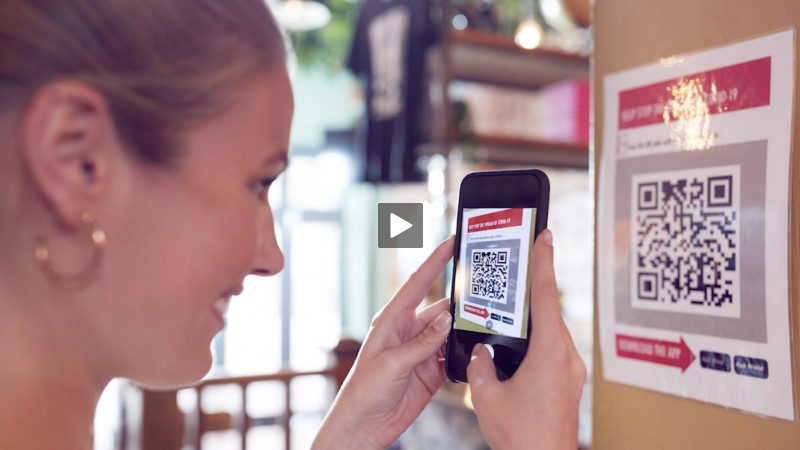Internet of Things...
- Details
- Written by Will from Holland
- Category: Modules

All of your devices are at risk of scammers, malware, id theft, etc.
You already know that your home is becoming one big connected digital environment, right?
For example, you can now set room temperatures at home from work, so it is nice and toasty—or cool—when you get home. Nice!
This all is called the "Internet of Things," and it can make life very easy and comfortable.
Or how there are now refrigerators with internet capabilities. They can track when you finish your yogurt and automatically reorder your supply with your local supermarket to have it delivered right to your doorstep. Lovely!
And then you have your home security systems with internet capabilities. From your phone you can see who's at the door and even turn your alarm on or off from a restaurant, if you forgot to before you left the house.
Amazon's "Echo" or Google's "Home" (voice-activated home products that include question answering, playing music, and controlling smart devices) will be everywhere.
Cars connect, too. You can navigate your quickest route online, turn it on from your bed so the temperature is just right when you leave, set up alerts when it needs servicing, and even track where it is located.
This all is called the "Internet of Things," and it can make life very easy and comfortable.
Extra Vulnerable
But all this connectivity, as you probably already know, makes you extra vulnerable to ID theft, data hacks, malware and Ransomware attacks, and hundreds of other scams.
Do your internet devices—your thermostat, your fridge, your car—have a firewall? What protection software is in place to keep you safe? Do you know? Most people have no idea...
The more devices you have connected to the web, the more you are potentially at risk.
If you surf the web to an unsafe place with your computer or smartphone, and malware is installed, you may be in trouble. Downloading an app with malware included may also lead you to trouble.
If you get malware or viruses on your device, these scammers could retrieve your mobile payment data. They may know your passcode to your home security system. They can track your car and unlock it. I probably don't need to tell you what can happen next.
If you get Ransomware on your device, chances are these criminals can "lock" your device, keep your data hostage (photos, work files, login or payment details, etc.), and not release it until you pay up—usually in untraceable Bitcoins.
So, How Do You Protect Yourself?
-
Of course you should think before connecting new devices to the web. The more devices you have, the more vulnerable you make yourself. So, before connecting a smart refrigerator, research the protection software or firewall protections available on that unit. Some offer little protection. Some offer much more protection.
-
Remember that any device connecting to the internet may need regular updating. Update your device to the latest security updates, always.
-
You may think your refrigerator is safe from hackers, but if you don't surf and download from the web safely, you may get malware on the device connected to your refrigerator, and bingo, scammers will then know your payment and order data.
-
If one device is infected, chances are, your other devices may be infected too. A lot of them are connected together, through your phone for example. Have you seen the 2016 movie I.T.?
-
Want to find out if you have malware on your computer or refrigerator right now? Check out our article "Should You Be Worried About Ransomware?"
-
Stay up–to-date on the latest happenings in tech and scam land. New scams pop up constantly, so check our foolproofme.com website for breaking news. We've got your back.
-
Check our additional resources on web security, too. They will help you stay safe in your digital home and keep your money in your pocket.
Good luck out there.
Cheers, Will


































